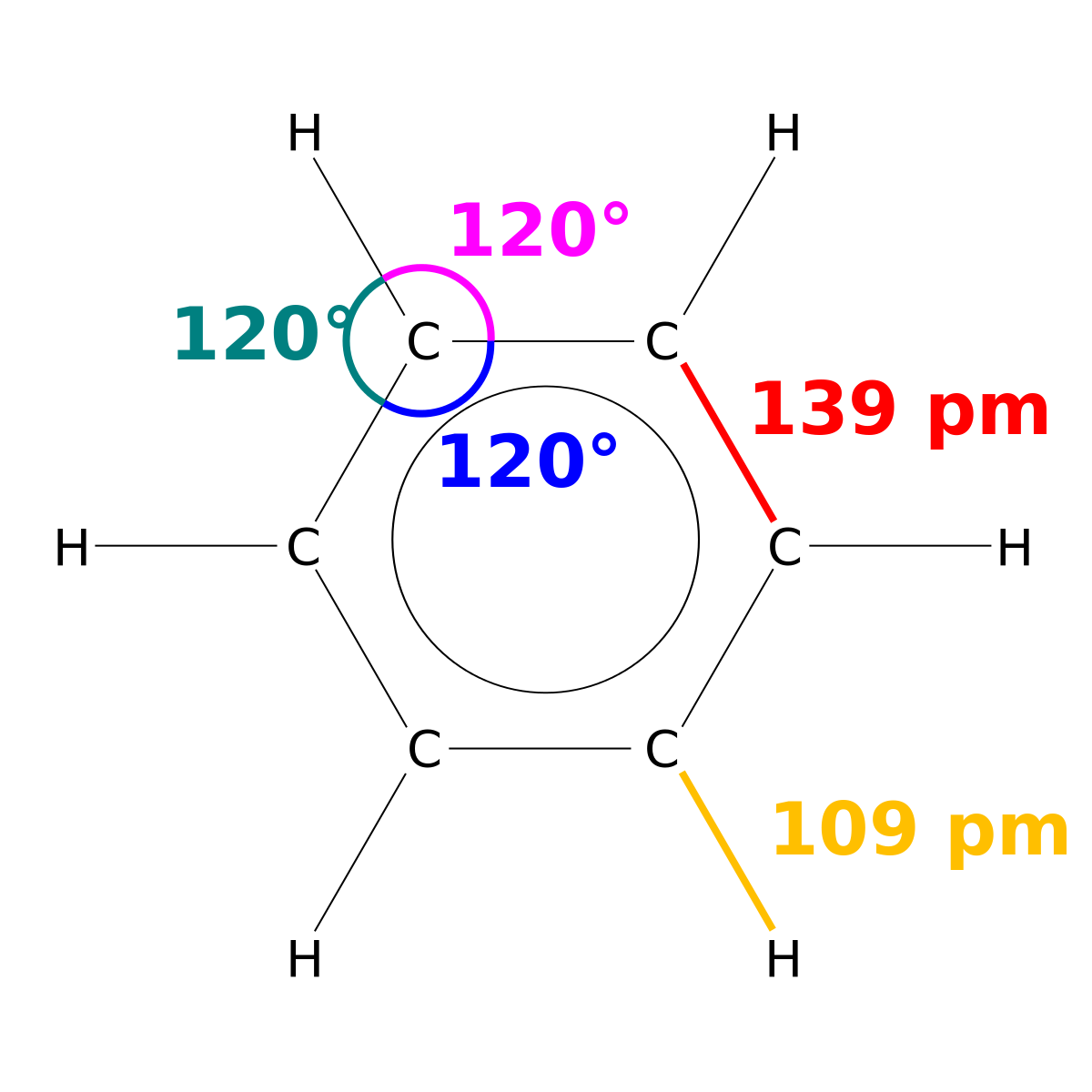SCIENCE
LIBRARY OF CONGRESS SUBJECT HEADINGS
SEARCH GUIDES
SUBJECT EXPERTS I
SUBJECT EXPERTS II
SUBJECT EXPERTS III
SCIENCE - Q
- Science - ACLU
- Science - Biology
- Science - Physics
- Science - Uranium
- Science - Universe
- Science - Pro / Con
- Science - Chemistry
- Science - Astronomy
- Science - Engineering
- Science - Mathematics
- Science - Geological Maps
- Science - Glossary of Scientific Terms
- Science - List of Famous Mathematical Curves
SCIENCE NEWS
APPLIED SCIENCE
Applied science is the use of the scientific method and knowledge obtained via conclusions from the method to attain practical goals. It includes a broad range of disciplines such as engineering, medicine, information technology, and early childhood education.
FORMAL SCIENCE
Formal science is a branch of science studying formal language disciplines concerned with formal systems, such as logic, mathematics, statistics, game theory, information theory, systems theory, and theoretical computer science.
SOCIAL SCIENCE
Social science is the branch of science devoted to the study of societies and the relationships among individuals within those societies. There are seven disciplines: anthropology, economics, geography, history, pyschology, sociology and political science.
NATURAL SCIENCE
Natural science deals with the study of the physical world. The field is divided into the life sciences such as: botany and zoology; and the physical sciences, which include physics, chemistry, astronomy, and Earth sciences. Mechanisms such as peer review and repeatability of findings are used to try to ensure the validity of scientific advances.
MATHEMATICAL SCIENCE
Mathematical Science is the mathematical study of the mathematics described in the sciences. The field encompasses core (or pure) and applied mathematics, plus statistics and operations research, and extends to highly mathematical areas of other fields such as cryptology, data science, continuum mechanics, and theoretical computer science.
SCIENTIFIC METHOD
The scientific method of procedure consists of systematic observation, measurement, and experiment, and the formulation, testing, and modification of hypothesis. There are 5 basic steps: Make an observation - Ask a question - Form a hypothesis - Make a prediction based on the hypothesis - Test the prediction - Iterate: Use the results to form a new hypothesis.
Inception
Inception is the practice of entering dreams and implanting an idea in someone's mind while they are asleep. Dormio, a Massachusetts Information of Technology (MIT) sleep-tracking device, can alter dreams by tracking hypnagogia and then delivering audio cues based on incoming physiological data, at precise times in the sleep cycle, to make dream direction possible. For example, before sleeping, you choose a theme like “rabbits,” and then, once you begin sleeping, sounds associated with this theme are used to a.) remind you of the theme at targeted times and b.) suspend you in early sleep stages, so you can still hear the sound even as you dream. According to the researchers, upon awakening, a person’s guided dream content can be used to complete tasks such as creative story writing, and compared experimentally to waking thought content. But what if a person’s dream is something illegal, even deadly? And what if someone nefarious gained access to your Dormio? Hello nightmares and possible psychological trauma.
The Arctic
The uncertainties regarding Arctic land has set the stage for a possible war. Formerly thick, unbreakable ice, climate change has reduced the Arctic to retreating glaciers and melting ice. There is still no land, but there’s now more water for ships to move—and drill for oil. The United States, Canada, Denmark, Finland, Iceland, Norway, Russia, and Sweden all have a physical stake in the 3-million-square-mile region, and while it’s governed by international law, there’s nothing that says countries must obey that law. “The race to create new technologies to explore commercial gains in the Arctic should never fall out of the news cycle. Decisions made in one country about what to employ in the region could affect the entire world. Furthermore, technology once used for biological and geological research can easily become co-opted for military and commercial gain. This dual-use dilemma is something researchers may not have previously considered.
Digital Twin
A digital twin is a virtual copy of you that can be analyzed without your presence. Combined with personalized medicine, a digital twin is a gigantic step forward for human health. For example, an analysis of your digital twin could predict weeks or months in advance if you’re heading for a heart attack. Of course, it can also do the opposite: unauthorized and unethical experiments could be performed on your twin without your knowledge—and anything with a binary code is open to hacking.
Robot Abuse
Have you ever apologized to inanimate objects you accidently ran into them? Some people do, more out of reflux than anything. But what if the object was a robot that could walk and talk and, overall, act like a human? You would think most people would definitely be nice to it then, but it turns out “robot abuse” is a common thing. Humans all over the world have been caught mercilessly harming robots “for fun.” Then again, does it matter if we hurt a robot since it’s not a living thing? There are a series of questions that may not be answered right now, but raise some incredibly interesting points for the future: “Should there be rules, or even laws protecting [robots] from deliberate harm? If we abuse them, what does that say about us? And will allowing people to abuse robots lead to more aggression, perhaps against humans or animals? But perhaps the most important question is: is it truly immoral to mistreat a robot?”
Telemedicine
If you had a telemedicine appointment with your doctor during COVID-19, you are in good company. Before the pandemic, only 1% of medical appointments were done virtually. At the height of COVID-19, more than 50% of appointments were telemedicine. While that number is expected to decrease as the pandemic slows, the metaphorical cat is out of the bag and there is no way to get him back in. For some, telemedicine is a fantastic option. “But the drawbacks include unequal access to healthcare among those without Internet access, untreated illnesses for those with conditions not conducive to telehealth, and clinician fatigue,” according to an anonymous medical professional. Additionally, as with most virtual medical situations, privacy concerns abound.
Doomscrolling
Local news used to (and still does) get a bad reputation for constantly being negative—it is all doom and gloom. Adults 50+ could easily escape the bad news when needed by turning off the television, or not picking up the newspaper. It is different for today’s generation, though. Information from the entire world in in the palm of our hands—and it is addictive. Doomscrolling (also called doomsurfing) is the act of constantly consuming negative online content to the detriment of your mental health. The term has been around since at least 2018 but, for obvious reasons, 2020 took it to an extreme. The murder of George Floyd, Black Lives Matter ( BLM) protests, COVID-19, the presidential election, the results of the presidential election — it was a tumultuous year that played right into the hands of doomscrolling.
Social Networks
The huge amount of Facebook users— 2.45 billion monthly—is concerning when considering how many ethical violations and dilemmas the social media platform has been involved with in recent years. In 2018, United Nations (U.N.) human rights investigators concluded that Facebook played a key role in spreading hate speech in Myanmar that fueled a “military crackdown” that involved the mass killing and rape of refugees. Some have even called it a genocide. In the 2016 election, Russian trolls used Facebook to promote ads featuring conspiracy theories and misinformation that over 10 million people saw. In 2020, the platform is riddled with “fake news” and "misinformation" that they say they are trying to get under control. People are so entangled in the platform that it could seriously affect their lives. Many participants are closing accounts because they fearful of being monitored and/or manipulated. Facebook states that it is neutral but also moving in the right direction. However, many people remain skeptical of Facebook's assertion of neutrality.
App Profits off Foreclosures
The unrelenting economic effects of COVID-19 caused many people to fall behind on their rent and mortgages. Of course, someone, somewhere, saw this as an opportunity. A “gig economy” app company developed CIVVL, a service that contracts eviction crews to secure foreclosed residential properties. A spokesman for the company told CBS News, "Civvl is not actually carrying out evictions, but rather connecting independent junk haulers or contractors with opportunities to clear out property. It's basically like a job center. This is no different than you going on Monster.com." The app charges workers $35 a month to use the service on top of a 30% cut of their earnings. Many reviews accuse it of being a scam, taking a monthly fee but never connecting an individual to a job even though the app says the average is (6) jobs per day. Other reviews from non-users accuse the app of human rights violations and just not being nice: "Attempting to profit off of human suffering is pure evil, especially during a global pandemic," one reviewer wrote.
The Data Void Left by Search Engines
It is rare for a search engine to retrieve a small amount of information when you search for something, but it can happen. When there is little to no relevant information on a specific topic, it is called a “data void.” A data void by itself is not negative; the problem occurs when humans step in. Once people find and/or predict a data void, they create webpages and resources to exploit the void, redirecting searches to sites with anything from ads and viruses to conspiracy theories and misinformation. You can not believe everything you read on the Internet, and yet, a lot of people do. “Once it is on the Internet, it becomes fodder for everyone from talk radio hosts to angry people who spend all day on social media sharing stories and videos that reinforce their view of the world.
POWER ENGINEERING
CENTER OF THE UNIVERSE
ANATOMY OF AN ARTIFICIAL INTELLIGENCE SYSTEM



